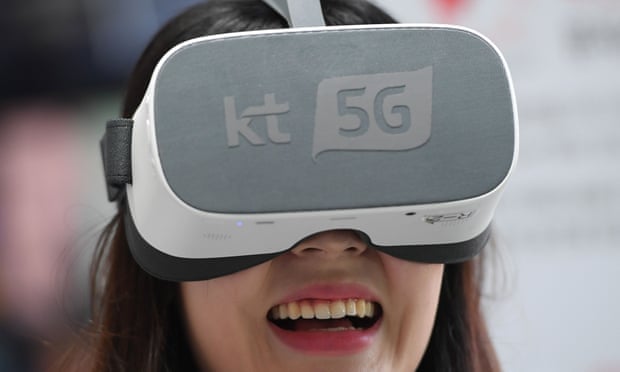US carrier Verizon launched its mobile 5G network in the US yesterday, a week early, as part of an attempt to scupper South Korean’s claim to be the first.
Claim and counterclaim: South Korea says it beat the US by a few hours because three of its carriers—SK Telecom, KT, and LG Uplus—launched 5G services at 11 p.m. local time on Wednesday. However, Verizon has dismissed this as a “PR stunt,” since the services were only launched for six celebrities rather than the public.
Early: Verizon launched a 5G service on the same day in parts of Chicago and Minneapolis, a week ahead of its planned launch date. Ordinary consumers in South Korea will be able to connect to 5G services starting tomorrow, when Samsung’s Galaxy S10 5G, the first smartphone with built-in 5G, goes on sale. China is sensibly yet to join the fight, but its carriers are surely not far behind.
Who cares: If this all sounds faintly ridiculous to you, you’re not alone. The reason that countries, and companies, want to claim the mantle of “first to 5G” is it’s a potentially huge money-earner. Rather than getting bogged down in the arguments back and forth (fun though that is), focus on the main takeaway: 5G services are starting to launch.
Why this matters: People are mostly excited about the promise of ultra-fast 5G speeds: 500 to 1,500 megabits per second. That is many times faster than existing 4G speeds, which tend to be around 20 Mbps. This is the difference between downloading a movie in 20 minutes versus 20 seconds.
Sign up here to our daily newsletter The Download to get your dose of the latest must-read news from the world of emerging tech.

